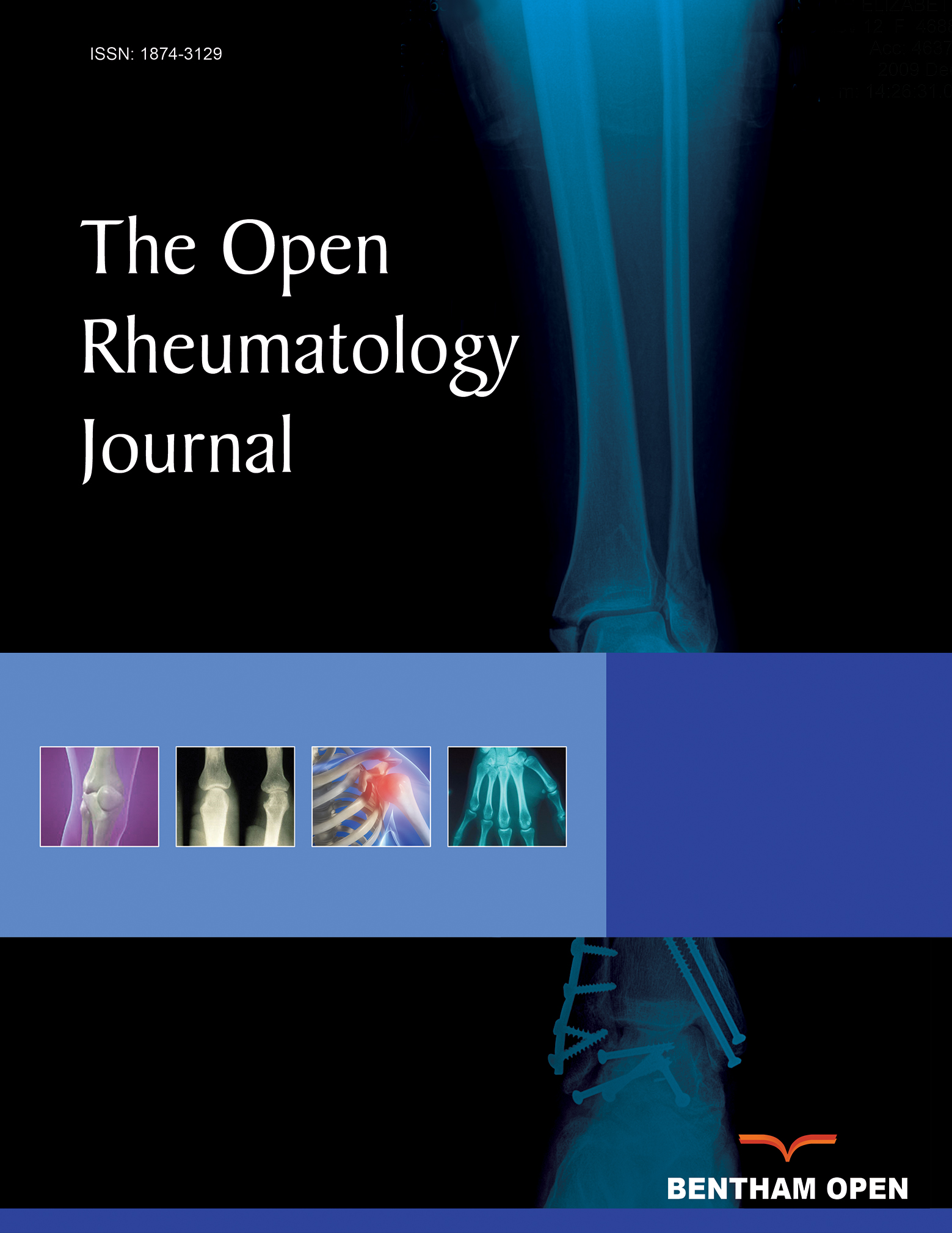All published articles of this journal are available on ScienceDirect.
Effect of Aqueous Extract of Giant Horsetail (Equisetum giganteum L.) in Antigen-Induced Arthritis
Abstract
Equisetum giganteum is a plant used in traditional medicine as diuretic. From our knowledge this is the first time this plant is tested in an in vivo model of acute inflammation. To evaluate the effect of aqueous extract of giant horsetail (AEGH) as immunomodulatory therapy, antigen-induced arthritis (AIA) was generated in mice with methylated bovine serum albumin (mBSA). Inflammation was evaluated by articular nociception, leukocytes migration and lymphocyte proliferation. AEGH reduced nociception at 3, 6 and 24 h (P < 0.01), decreased leukocyte migration (P < 0.015), and inhibited lymphocyte proliferation stimulated with Concanavalin A and Lipopolysaccharide (P < 0.05). In conclusion, AEGH has an anti-inflammatory potential in acute model of inflammation, as well as immunomodulatory effect on both B and T lymphocytes, with an action independent of cytotoxicity.


